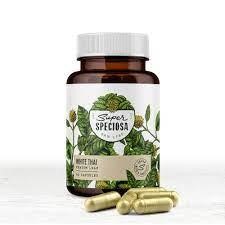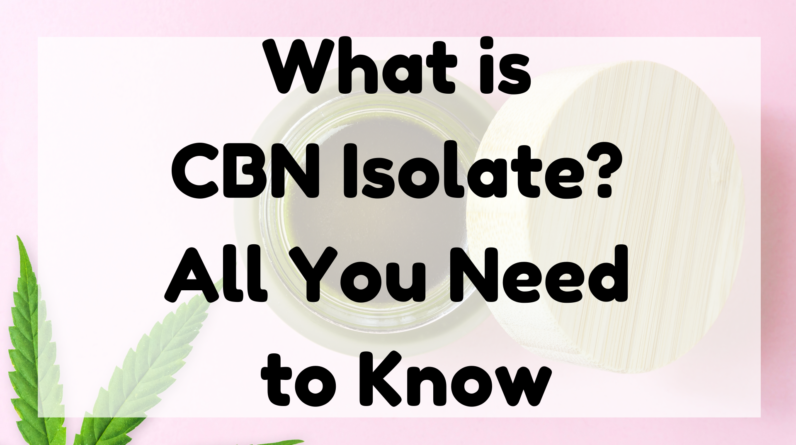
Kratom And Kidneys: How Does It Affect Kidneys
Kratom is a substance that’s relatively unfamiliar to most people because it’s not a drug that’s illegal and is only a popular choice in underground circles.
It’s made of some of the leaf parts of a plant native to Southeast Asia and can be available in powder and leaf form.
Many believe it could aid in easing the effects of withdrawal from opioids.
However, there’s no evidence to support the claim, and it’s not yet proven to be effective.
Although it isn’t legal, Kratom is a drug that has been a hit on the streets and has become more popular in the last decade.
Kratom’s effects differ in dosage, so this drug is unpredictable.
Kratom may cause severe damage to the kidneys. Let’s discover.
Kratom and Kidneys
When taken for a long period in large doses, the kidneys will be severely damaged.
Dark-colored urine and yellowing skin can be indicators of damage.
If the liver is weak, the kidneys perform the job of eliminating toxins from the body.
They may become exhausted and cause kidney failure in people suffering from liver damage.
Can Kratom cause kidney disease?
It’s unlikely that you will be afflicted with kidney damage by Kratom if you take the herb with care and do not consume more than what you require.
Kidney damage isn’t an early sign of a problem, and the warning signs are there to tell you if there is a problem with Kratom before it causes damage to the kidneys.
However, long-term use of high doses of Kratom could cause kidney damage.
While it’s not common, kidney damage is common in people who take Kratom to the point of abuse.
However, excessive consumption of Kratom can also be the result of dependence and addiction.
Recreational users of Kratom are more susceptible to kidney issues.
However, those who use it for therapeutic purposes are more at risk of becoming addicted and suffering the negative effects of long-term kratom use.
A kidney injury caused by the kratom plant can trigger various adverse consequences.
They include breathing problems, weight loss, decreased appetite, swelling of the ankles, and blood in the urine.
To comprehend why Kratom can affect the kidneys, we need to be aware of its effects on the liver.
The Kidney-Liver Connection
The liver and kidneys are in close contact.
If kratom consumption is expected to impact any organ, the liver will likely be affected first.
The liver’s main function is to flush out toxins from the body.
If Kratom causes liver damage in a way that it can no longer function, it is the kidneys’ responsibility.
If the liver is not operating, the kidneys are not ready to cope with the higher workload and are under increased strain.
This could result in kidney failure.
The damage to the liver caused by Kratom is known as hepatotoxicity, an expression used to describe any liver damage caused by chemicals.
LiverTox reports that Kratom may have caused liver damage in a few instances and that the symptoms typically begin within one to eight weeks after the consumption of the herb.
Scientists have much to study about how Kratom affects the body and how it causes kidney and liver damage.
So much remains unknown about how mitragynine, 7-hydroxy mitragynine, and the other alkaloids in Kratom impact the body.
However, it’s not the only thing to worry about.
Despite the damage to organs that sufferers have experienced because of Kratom, the damage is not irreparable.
Most of the time, the liver and kidney damage caused by excessive consumption of Kratom clears quickly when the consumption ceases.
Additionally, doctors can prescribe medication to treat chemical-related organ damage.
Can Kratom cause kidney failure?
If Kratom is used for a long time in large doses, the kidneys and liver can be severely damaged.
If you notice the appearance of yellowing on your skin and extremely dark urine, there is a good chance of damage.
If the liver is not functioning and the kidneys are not functioning, they take on the task of filtering toxic substances from the body.
This can increase the chance of the kidneys becoming stressed, leading to kidney failure in people with liver damage.
Kratom affects the liver explicitly, but when the liver cannot remove the toxins, they are eliminated through the kidneys.
The organs’ kidneys aren’t equipped to do this task, which could cause kidney failure among those with damage to the liver.
White Thai Kratom Capsules

Super White Thai is a white-veined Kratom leaf powder that comes in the size of 1,000 capsules.
The majority of the vendors offering capsules are limited to size 00 capsules, which have just 600 milligrams of the powder.
Our premium capsules contain 600 mg of Kratom powder! The capsules are tested for contaminants such as heavy metals and pollutants.
It contains premium-grade, natural kratom leaf extract.
Premium Bali Kratom Powder

Premium Bali Kratom is an often discovered variety with the most pleasant smell.
This particular kind of Mitragyna Speciosa tree has larger than average leaves, growing quickly.
Bali Kratom is easily accessible and is generally an inexpensive product.
The best Bali Kratom Powder contains no fillers or additives, only leaves.
Conclusion
The risks of serious reactions and even death increase substantially when purchasing counterfeit or unapproved kratom items.
However, dodgy and fake Kratom are everywhere, and many scammers are looking to make quick money in this unregulated marketplace.
However, with a bit of research and a little diligence, identifying a legitimate Kratom-based brand is easy.
References
- https://faseb.onlinelibrary.wiley.com/doi/abs/10.1096/fasebj.2019.33.1_supplement.765.8
- https://www.asn-online.org/education/kidneyweek/2020/program-abstract.aspx?controlId=3449018
NEXT Kratom Drug Test 2018
Legal and Medical Disclaimer
Information provided on the site is for educational purposes only, and does not substitute for professional medical advice.
You MUST consult a medical professional or healthcare provider if seeking medical advice, diagnoses, or treatment.
Additionally, you must consult your local and federal laws regarding the legality of buying CBD and THC products.
We do not provide any legal advise.








